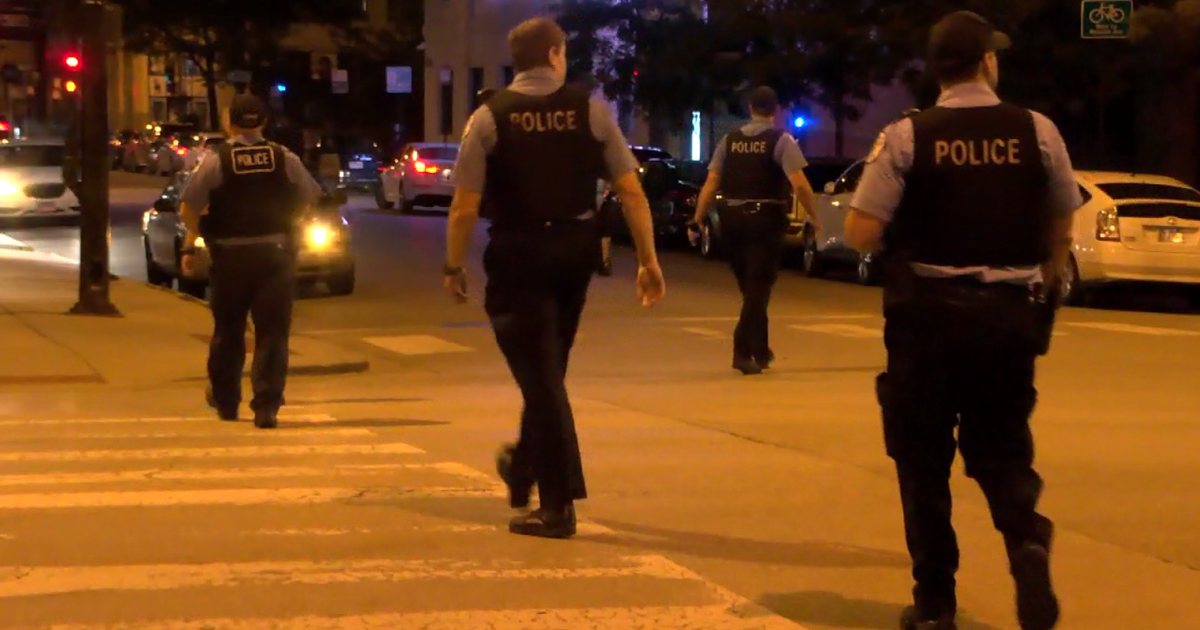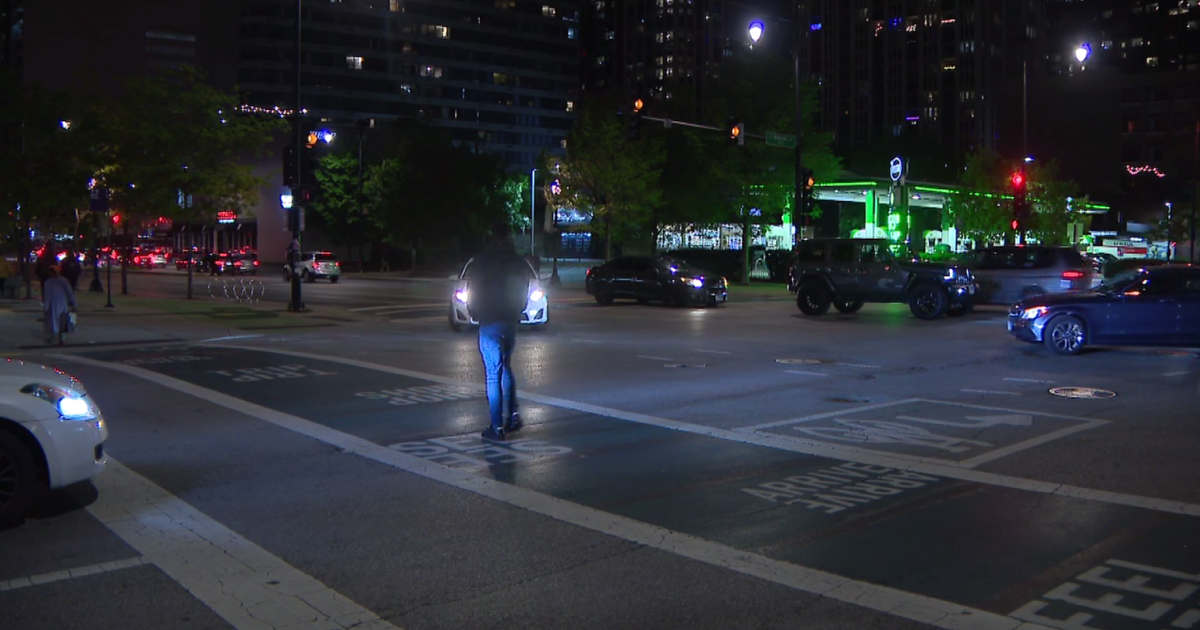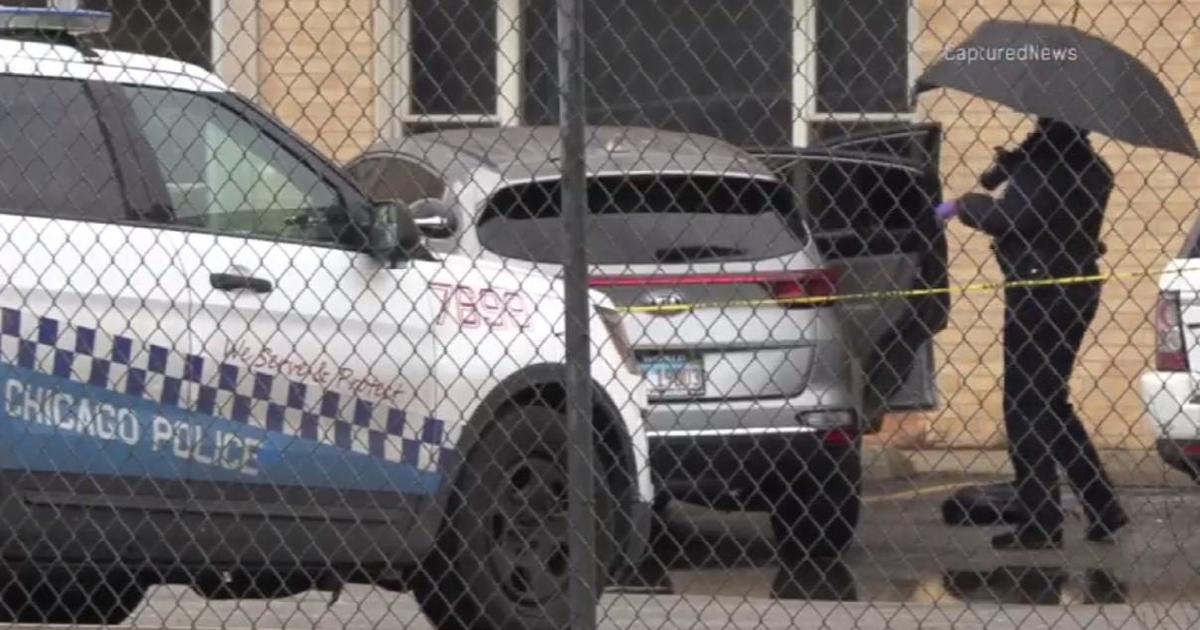Dealing With Anxiety And Depression Among Pandemic, Racial Tensions, Civil Unrest
CHICAGO (CBS) -- Whether it's racial tensions, unrest, the coronavirus or economic hardships, many of us are likely feeling anxious, depressed, and isolated right now.
We want you to know you're not alone.
Prior to the coronavirus pandemic, more than 20 percent of Americans had symptoms of depression or anxiety. Researchers estimated that number tripled last month.
Joining CBS 2's Jim Williams and Irika Sargent to talk about that on Wednesday evening was Dr. Crystal Clark, a Northwestern Medicine psychiatrist.
Clark said the death of George Floyd at the hands of Minneapolis police and the resulting unrest around the country have increased calls about anxiety and depression.
"Without question in our outpatient clinics, we have been receiving more calls around anxiety and depression – a significant increase in the past week, in which we've had more new patients and more return patients asking for appointments," she said. "I would say that my patients in particular have been complaining of more anxiety as it relates to the protests and the looting in relation to George Floyd's death, and specifically my African-American patients and those of other providers I've talked to – this has been a sense of a boiling point for them, because they've been experiencing systemic discrimination for months, years, decades, centuries really. And the recent events have been very triggering and causing more anxiety and distress for them."
Clark emphasized the need to own and accept feelings.
"Right now, the best thing I can tell them is really to validate their feelings. The anxiety and the stress they're experiencing is absolutely appropriate given the time that we're living in," she said. "I mean, so many had already been dealing with the stress of confinement and isolation due to the pandemic, and now civil unrest due to the recent deaths of George Floyd – killings of George Floyd, Breonna Taylor, Ahmaud Arbery, and even the incident with Amy Cooper – all these things have been triggering for many around our county and our globe."
And while our homes are supposed to be the place we feel safest, violence during the recent unrest has gotten too close to many people's safe zones in recent days.
"When I think about violence getting close to our safe zone and it being our home, I think about our entire country. This is our home, and we are seeing this across our country and especially locally in Chicago. And what I'm advising people to do is number one, reach out to your circle of trust; your community; those people that you can process this with – whether that's family, friends, your church. And I'm also advising people to take care of themselves and to monitor how they're feeling - if these feelings are going on to the point of impairment. So feelings of anxiety or depression may be increased irritability, difficulty sleeping, difficulty concentrating, difficulty with your appetite where you're excessively eating or not eating at all, or increased substance use or drinking alcohol," she said.
If things reach that point, the next step is to reach out to a professional, Clark said.
If you need help, the city has set up a mental health call center that provides free support. That call center is available at (312) 747-1020.
You can also call the National Alliance on Mental Illness at (800) 950-6265, or text the word "NAMI" to 741-741, and you will be connected with a counselor.



